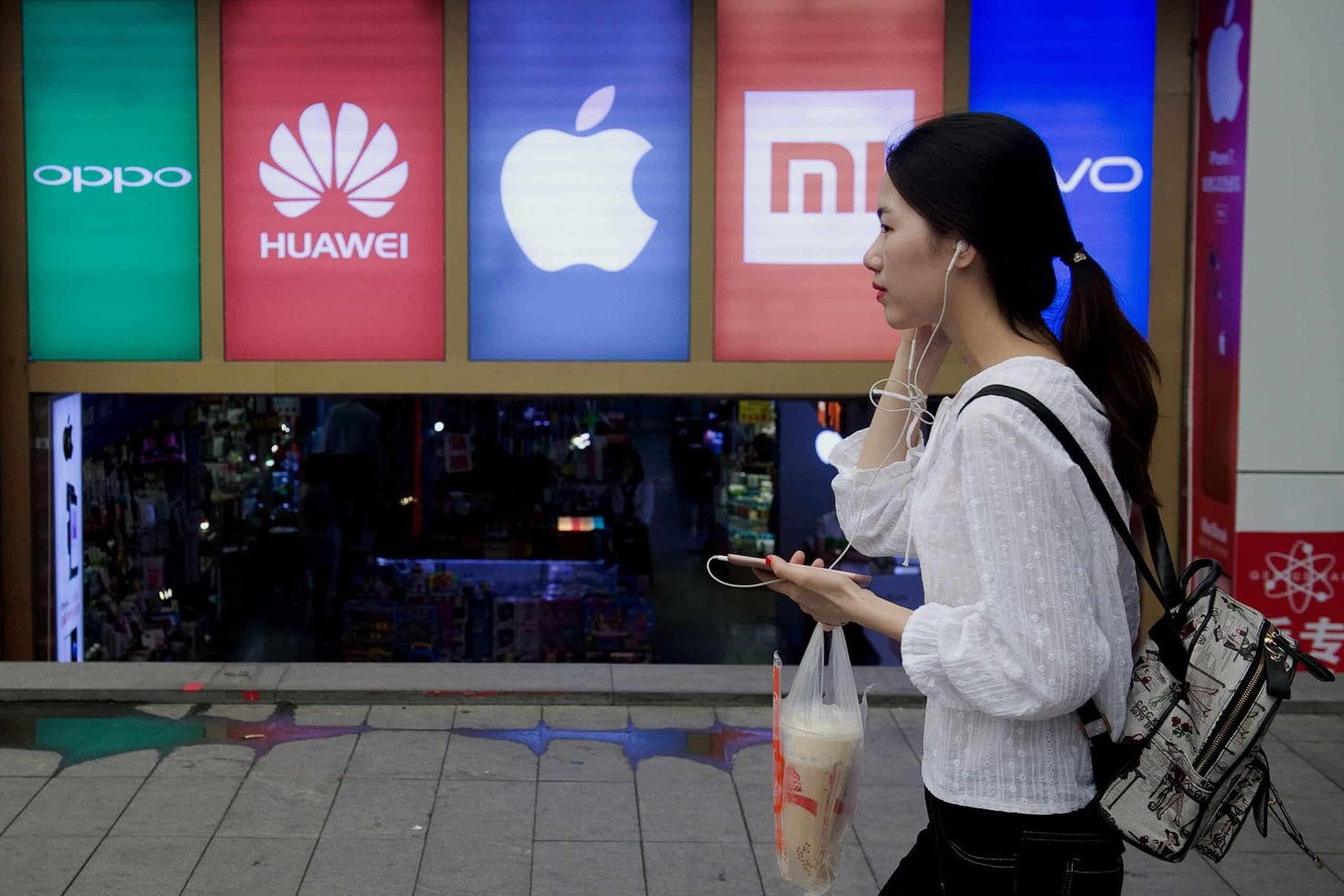In recent years, the smartphone market has experienced remarkable growth. Despite the significant effects of the confinements and stoppages in Chinese factories because of this, not even the pandemic had been able to touch them. However, it appears that the inflation and the economic crisis that is fueling the war are influencing this market.
Because the statistics around smartphone sales around the world continue to hit us. These get worse and worse, and the truth is that fewer smartphones are in sale than ever before. There may be various reasons for this, but there are mainly two primary ones.
A shrinking market

There is no denying that the smartphone market is in a full recession, as evidenced by the fact that the market has already shrunk for three consecutive quarters when compared to the same time last year. The sales for this market segment over the past few months, as reported by Canalys, could not have been worse. The fact that this market hasn't been this bad since the third quarter of 2014 gives us an idea of how bad it is right now.
It is clear that the downward trend has already started to become the norm with regard to the most recent third quarter of 2022, as demonstrated by Canalys, it has shrunk by 9% when compared to the same period last year. The constant ups and downs in sales of the five most significant manufacturers have stabilized this time, according to the graph that compares the evolution of the brands from the first quarter of 2020 to the third of this year.
The extraordinary year-over-year growth we observed in this market during the first quarter of 2021, when the pandemic started to slow down, is no longer present. This growth unquestionably set the market's sales ceiling for three years. Now, it is evident that fewer smartphones are being sold than ever before. This can be explained in a number of ways because a variety of factors are contributing to the market's decline.
Why smartphone sales are declining steadily?

Although logically we do not have all the answers, we can develop an idea that is quite true to the market's reality and that, without a doubt, can shed light on the real reasons behind this market's collapse. And the economic crisis is the result of all the causes coming together. We are currently experiencing a very challenging economic environment. Which experts predict won't be as severe as the 2008 financial crisis. But is already having a significant impact on consumers.
On the one hand, there is the inflation crisis. Which started earlier than in February of this year and started to give hints as to what might happen. It makes sense to assume that all of these expenses are being passed on first to raw materials and subsequently to consumers given the current inflation of roughly 10%. Furthermore, the decline in consumer purchasing power has a greater impact on sales than the price increase for smartphones, which, except in rare circumstances, has not been particularly severe.
The more resources there are to consume, the more purchases must be made on the basis of sacrifice. Non-essential purchases are obviously the first thing to be abandoned, as is the bulk of technology. And as a result, the market's rotation of models is slowed. Which gradually results in this situation of declining sales, which at this time shows no signs of improving. However, there are two other reasons that are crucial in this economic disaster, which already impacts the majority of us.
One is the conflict in Ukraine, which has been causing market gloom for months. And the energy problem that resulted from it. All of this culminates in that inflation, which is ultimately the cause of the disruption of our collective objectives. Families and all consumers, in general, are forced to forgo products like smartphones unless they are absolutely necessary due to forced replacement or for occupational reasons, given this combined with the inflation into which we are being sucked.
It is clear that those who do not see their income increase do not plan to invest in technology like a smartphone. There may be other factors at play. But it is obvious that sales in this situation will only deteriorate over the following months. Don't forget that the lack of components on the market since the pandemic has had a negative impact on sales. Just as it did for the automotive industry. Longer delivery times result from fewer components, which decreases sales.
When will smartphone sales start to increase again?

"The global smartphone market shrank for the third consecutive quarter during the three-month period ending September 30. Resulting in the worst third quarter since 2014. In its preliminary smartphone market report for Q3, Canalys said the overall market dipped nine percent year-on-year. Thanks in part to an uncertain economic environment in which consumers are delaying purchases of electronics and prioritizing spending on other essentials" says Canalys.
We all ask ourselves this question, and the answer is ambiguous. The majority of analysts anticipate an improvement in the market by the end of 2023. Which they believe would coincide with a slowdown in inflation. And, consequently, the central banks' efforts to battle it by specifically cooling down the economy. Sales of smartphones won't resume until the demand has completely returned and prices have started to decline generally. Due to the fact that it is not an essential expense in the current complex socioeconomic environment, it will continue to face declines.






Place comments
0 Comments
You are currently seeing only the comments you are notified about, if you want to see all comments from this post, click the button below.
Show all comments